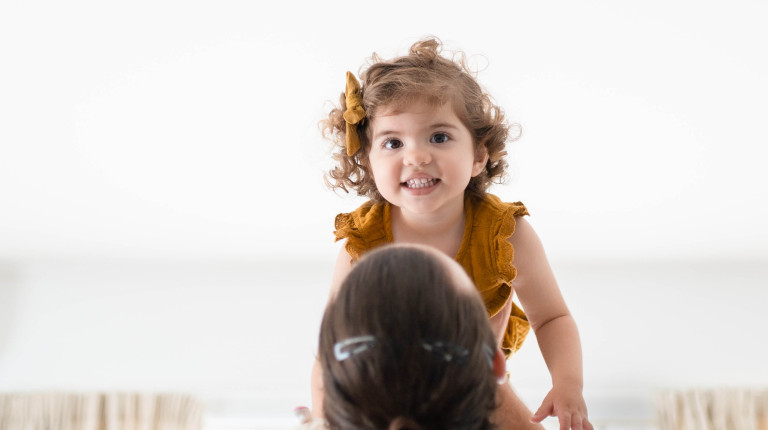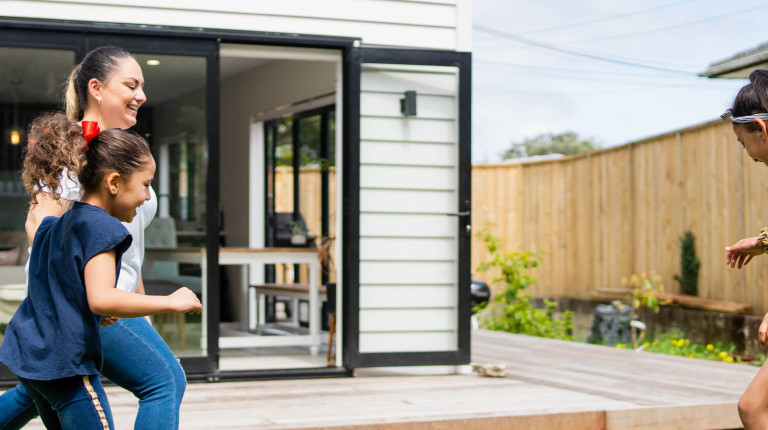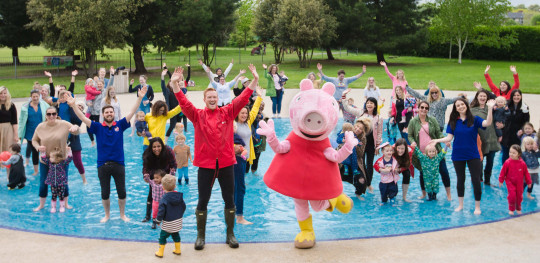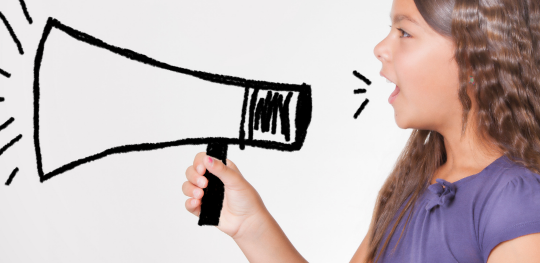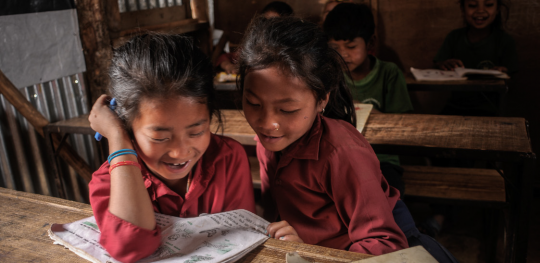Save the Children's work saves and improves children's lives here and around the world.
While most children in Aotearoa New Zealand enjoy a happy and fulfilling childhood, too many children are being left behind without a chance to realise their potential. We work with our supporters and partners to advocate and campaign for change to improve child wellbeing, realise children's rights and ensure children's voices are heard.
Who We Are
We bring years of international experience and stories of good practice from around the world. Our approach includes empowering and listening to children so that their experiences and aspirations inform policy decisions.
In New Zealand, Save the Children pushes for change in many areas, but our campaigns have a particular focus on children’s rights and investing in the early years of a child’s life.
We’re Raising Children’s Voices this Election 2023!
The views and opinions of children and young people matter – and ensuring those voices are heard is a fundamental right. They may not yet have a vote, but the decisions made today will impact their lives today and into the future. As we navigate major global challenges now and in years to come, we need to consider children’s views and ensure political decision makers are acting in the best interests of children.
By listening to and responding to the voices of children and young people and in recognition of the challenges facing children in Aotearoa, we’ve developed five key asks to all political parties that directly uphold children’s rights and support their wellbeing now and in the future.
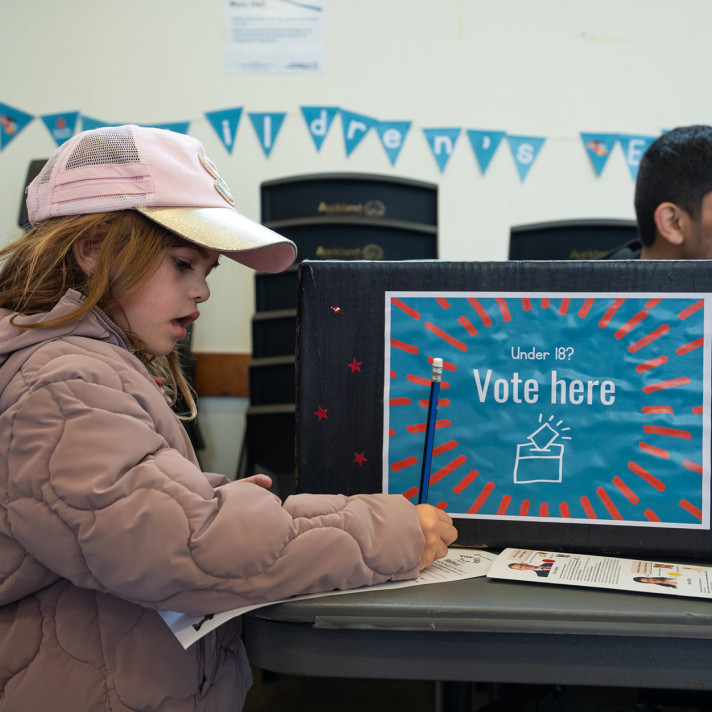
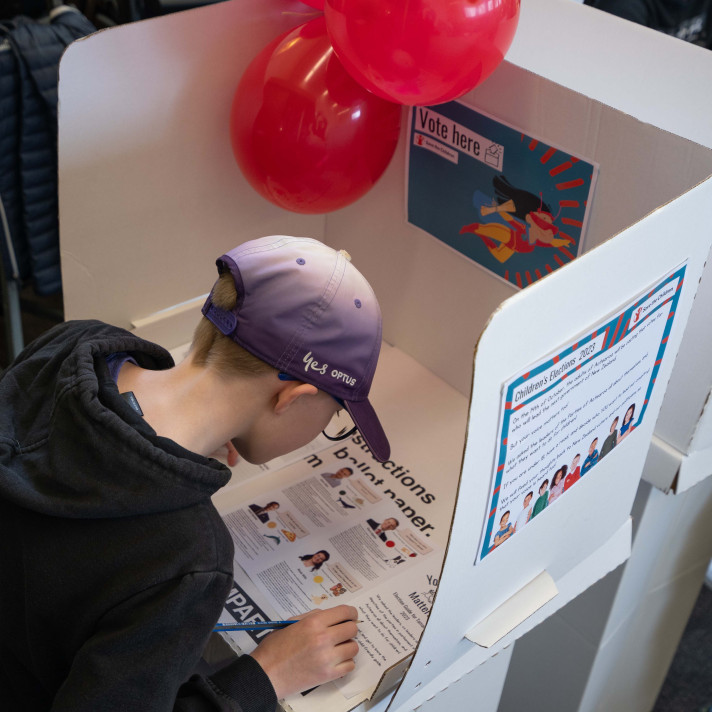
Children's Rights
In 1989, the UN adopted the Convention on the Rights of the Child (UNCROC), a global framework that has changed the way that children are viewed and treated.
The Convention describes what a child needs to survive, grow, and reach their potential in the world. They apply equally to every child, no matter who they are or where they come from.
The Convention is the basis of all of our work. It is the most thorough statement of children’s rights ever produced and is the most widely-ratified human rights treaty in history.
New Zealand ratified the UN Convention on the Rights of the Child in 1993.
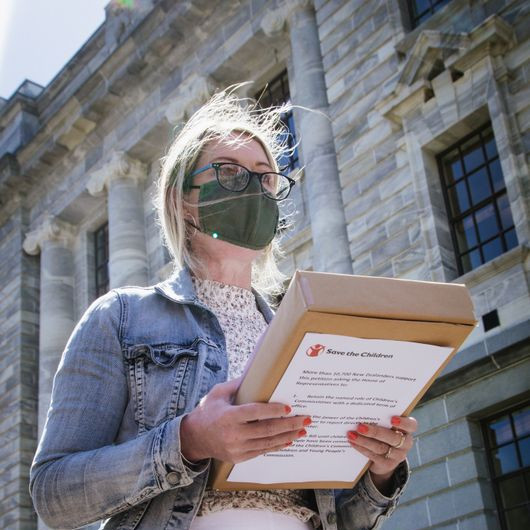
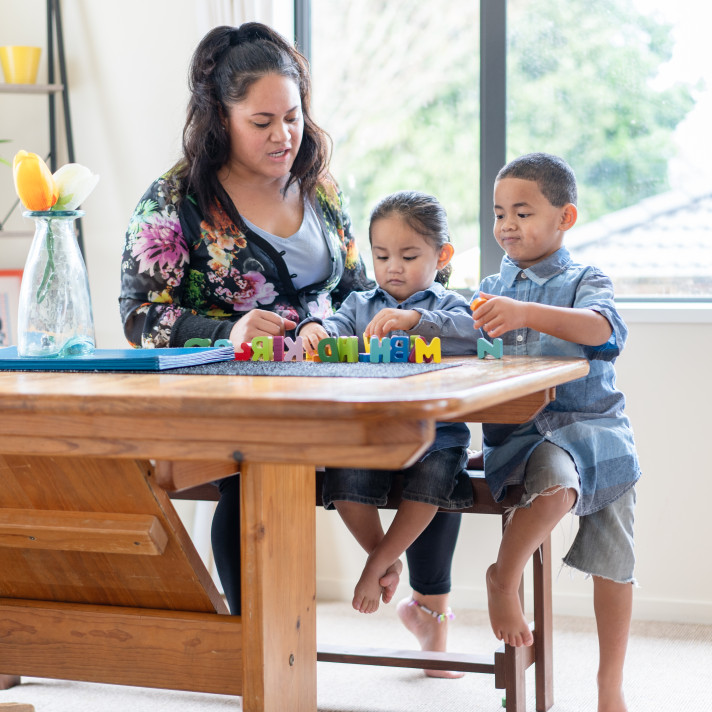
Keeping Track
Every five years the Government reports to the United Nations Committee on the Rights of the Child on the progress that has been made in implementing the Convention in New Zealand.
Save the Children is part of the UNCROC monitoring group that produces a shadow report in response. The Group, known as the United Nations Monitoring Group (UMG) is coordinated by the Office of the Children’s Commissioner, and also draws on the expertise of the Human Rights Commission, UNICEF and ACYA.
In 2015, the UMG successfully advocated for the establishment of a coordinating mechanism to take responsibility for the implementation of children’s rights. This responsibility sits with the Social Sector Board Deputy Chief Executives.
Working Together
To bring about change we work with decision-makers on actions needed to improve child wellbeing. We also run campaigns to raise awareness and encourage action.
But change is only possible by bringing different parts of society together. We also work in coalitions that span communities, other not-for-profit organisations, businesses and government.
Some of the coalitions and partnerships we are part of include:
- Every Child Counts – a coalition of organisations working to improve the status and wellbeing of children, driven by Barnardos, Plunket, UNICEF, Save the Children, and Te Kahui Mana Ririki. The current focus for Every Child Counts is to help coordinate Tick for Kids, advocate for change to end child poverty, and ensure strong support for parenting and child-rearing.
- Tick for Kids – Tick for Kids is a broad coalition of more than 30 individuals and organisations working to make children’s rights and interests a central focus for all Members of Parliament.
Read more about our partnerships.
Repeal of Section 59
In 2007, Save the Children New Zealand supported the repeal of Section 59 of the Crimes Act, which removed the scope for adults to use ‘reasonable force for the purposes of correction’ on children without consequence.
You can find out more about the history of this journey in Unreasonable Force: New Zealand’s journey towards banning the physical punishment of children.
Global Change
Save the Children’s four advocacy offices fight the causes of child poverty and vulnerability at a global level. Our offices in Addis Ababa, Brussels, Geneva and New York influence international institutions, like the African Union, the European Union, and the United Nations, whose decisions have far-reaching effects on children.
Save the Children also has a permanent presence at the United Nations where we advise and lobby to ensure children's rights are considered and protected.
In partnership with other agencies, we lobbied successfully for the inclusion of the elimination of violence against children and universal education within the UN’s post-2015 development framework.


